A Tax Strategist’s Guide to Renovating Property for Rental Purposes
In considering the potential tax benefits of renovating a property for rental purposes, it’s essential to break down the associated expenses into manageable categories. This breakdown typically involves dividing the costs among different parts of the property and allocating them based on the IRS’s designated asset classes, such as 15-year, 7-year, and 5-year assets.
One key aspect to consider is the demolition costs incurred during the renovation process. These costs encompass not only the direct expenses but also the value of materials and components removed from the property. Even items like old wiring or plumbing fixtures, which might not have a direct monetary expenditure associated with them, still carry a tax benefit as they contribute to the overall renovation expenses.
By meticulously documenting the renovation process, including before-and-after photos and detailed records of materials used, property owners can maximize their tax deductions. This documentation serves as evidence of the improvements made to the property, which can be crucial during tax assessments or audits.
Moreover, property owners should be aware of the specific asset classes assigned by the IRS to different components of the property. For instance, items like carpeting may have a shorter depreciable life span compared to structural elements like drywall. Understanding these classifications allows property owners to allocate expenses more accurately and claim the appropriate deductions over time.
Additionally, it’s essential to consider the timing of the renovation expenses concerning the property’s rental activity. While renovations may span multiple years, the IRS typically allows deductions only for expenses incurred while the property is actively used for rental purposes. Therefore, property owners should ensure that renovations are completed and the property is rented out promptly to maximize tax benefits.
Leveraging the tax benefits of property renovations for rental purposes requires careful planning and documentation. By categorizing expenses, documenting the renovation process, and understanding IRS guidelines, property owners can optimize their tax deductions and enhance the overall financial return on their investment.
Disclaimer: We want to remind you that while we do have expert tax attorneys and tax professionals working for our team and for our clients, Brad Mewes is not an attorney, and we are certainly not your attorney. But we do want to help. Reach out and schedule a time to speak with me or one of my teammates to review your unique set of facts and circumstances and see how we might be able to help you.
If you have any questions or think you may be eligible, click here to schedule your assessment.



